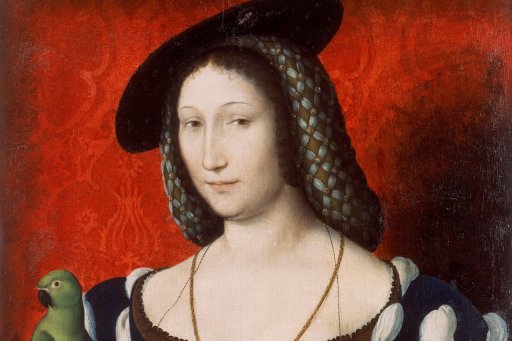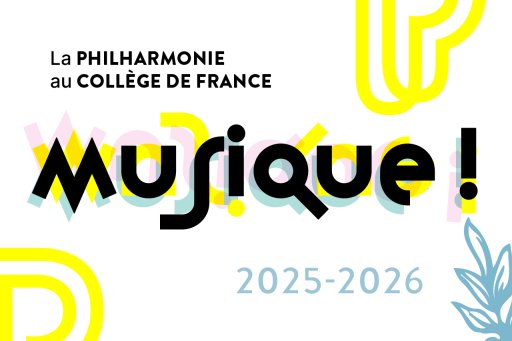The Collège de France is delighted to announce the success in the 2017 ERC Advanced Grants program of Professors Philippe Aghion, Hughes de Thé and Thomas Lecuit, who respectively hold the "Economics of Institutions, Innovation and Growth", "Cellular and Molecular Oncology" and "Dynamics of Living Systems" chairs, thomas Ebbesen, elected to the annual "Technological Innovation Liliane Bettencourt" chair (2017-2018), and Michel Brune, CNRS Research Director in the "Cavity Electrodynamics" team at the Laboratoire Kastler-Brossel (ENS- Collège de France-Sorbonne Université - CNRS).













